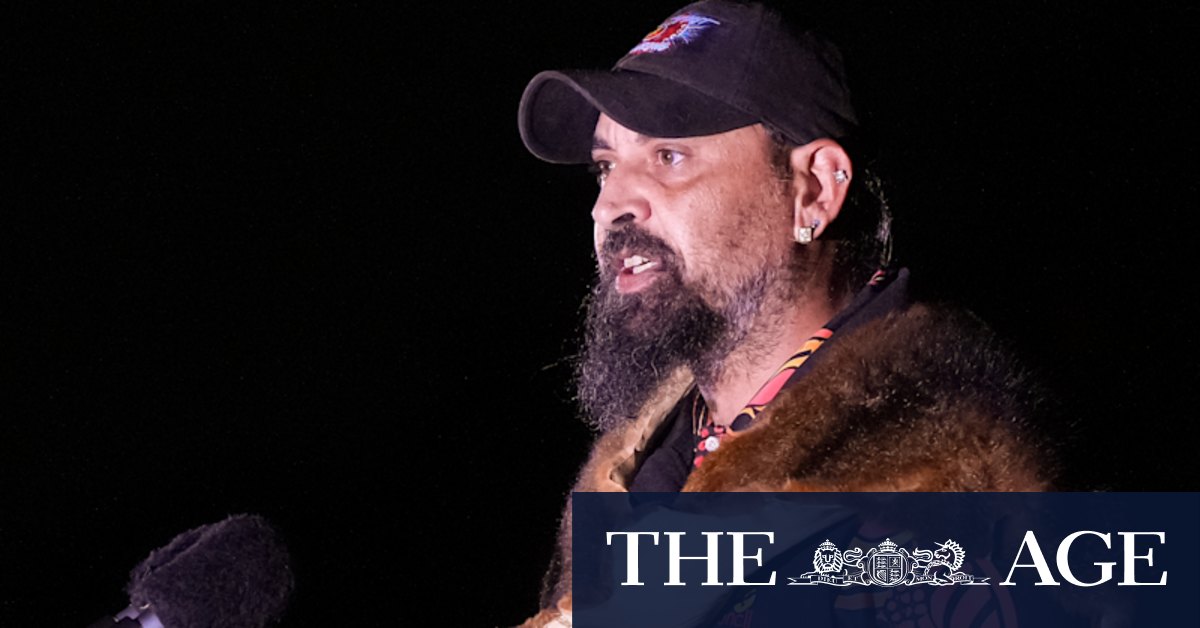NewsBeat
The troubling signs in the Welcome to Country debate


The momentum he carried into, but not maintained, in this election year was built from tearing down the Voice proposal. He maintains he should not have an Aboriginal flag as his backdrop.
Asked about the conduct of the neo-Nazis, Dutton on Friday said: “Welcome to Country is an important part of official ceremonies and it should be respected, and I don’t agree with the booing. We have a proud Indigenous heritage in this country, and we should be proud to celebrate it as part of today.”
On Saturday, we praised his condemnation of the neo-Nazi stunt and defence of the welcome to country.
It did not take long for his position to soften. When asked on Monday if Welcome to Country should be part of Anzac Day dawn services, he said it was a matter for organisers before claiming a majority of veterans “don’t want it on that day”.
A few months ago, the Coalition said it would cut federal funding for Welcome to Country ceremonies.
The RSL has publicly said it has no problem with the ceremony. Many Indigenous men served in the nation’s military without the same recognition or reward that their white peers received.
Welcome to Country has its roots in the custom over thousands of years of one Indigenous tribe welcoming another tribe onto their land.
It’s an act, both practical and symbolic, of friendship, and is believed to have first been used in modern times in the ’70s. An Acknowledgement of Country is different in that it can be given by non-Indigenous Australians at the start of speeches and events.
It is obvious that some in Australia believe Welcome to Country ceremonies are overused and tokenistic, and that they are both divisive and exclusionary. People are entitled to this view, though they express it respectfully.
We should be mature enough as a country to have a conversation about that without descending into a slanging match. Customs change over time. We no longer play God Save the King at Anzac Day, for example, while recognition of Indigenous peoples has become commonplace.
But this masthead’s view is that recognising our Indigenous history is not, as Tony Abbott and others have claimed, about elevating one group over another on the basis of race. It is embracing something that truly makes Australia unique. It should not be fair game for political opportunists.
Get a weekly wrap of views that will challenge, champion and inform your own. Sign up for our Opinion newsletter.
